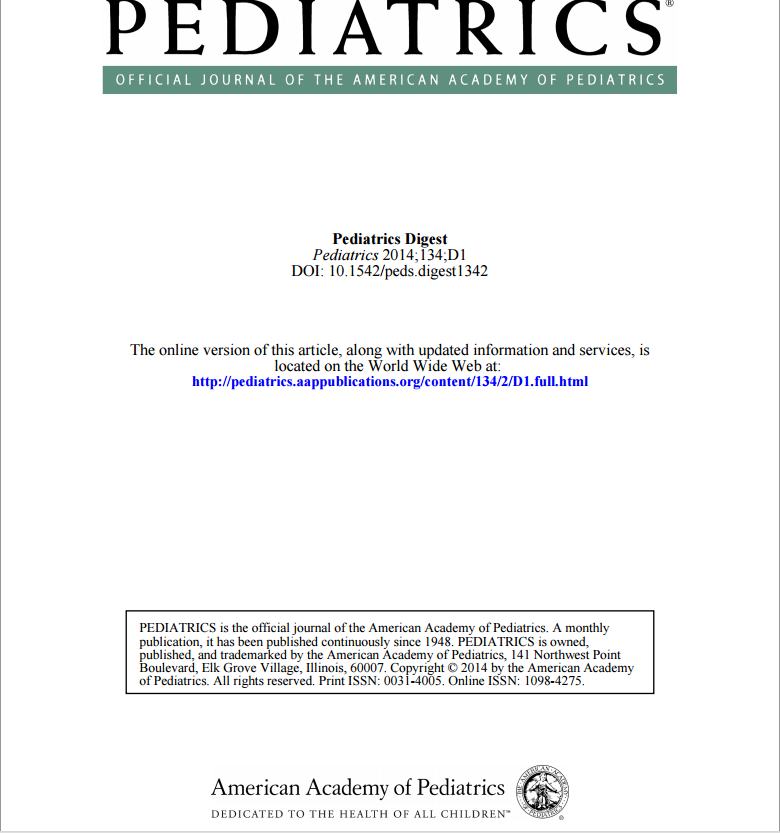Abstract:
OBJECTIVES: To assess desensitization in parents’ repeated exposure to violence and sex in movies.
METHODS: A national US sample of 1000 parents living with at least 1 target child in 1 of 3 age groups (6 to 17 years old) viewed a random sequence of 3 pairs of short scenes with either violent or sexual content from popular movies that were unrestricted to youth audiences (rated PG-13 or unrated) or restricted to those under age 17 years without adult supervision (rated R). Parents indicated the minimum age they would consider appropriate to view each film. Predictors included order of presentation, parent and child characteristics, and parent movie viewing history.
RESULTS: As exposure to successive clips progressed, parents supported younger ages of appropriate exposure, starting at age 16.9 years (95% confidence interval [CI], 16.8 to 17.0) for violence and age 17.2 years (95% CI, 17.0 to 17.4) for sex, and declining to age 13.9 years (95% CI, 13.7 to 14.1) for violence and 14.0 years (95% CI, 13.7 to 14.3) for sex. Parents also reported increasing willingness to allow their target child to view the movies as exposures progressed. Desensitization was observed across parent and child characteristics, violence toward both human and non-human victims, and movie rating. Those who frequently watched movies were more readily desensitized to violence.
CONCLUSIONS: Parents become desensitized to both violence and sex in movies, which may contribute to the increasing acceptance of both types of content by both parents and the raters employed by the film industry.



